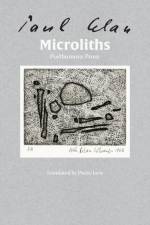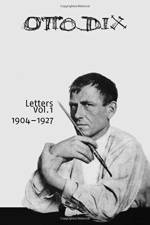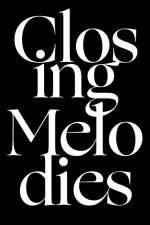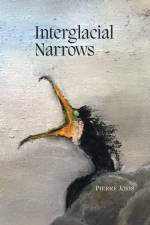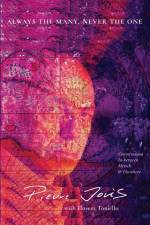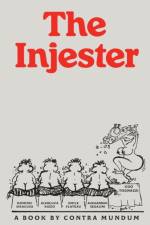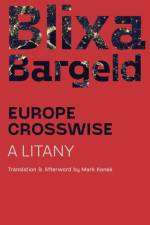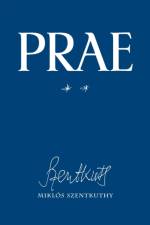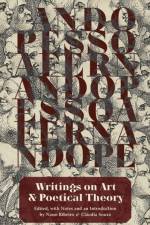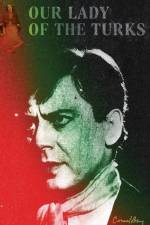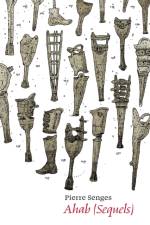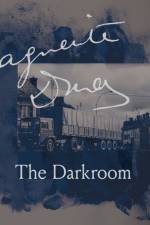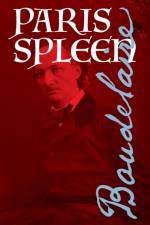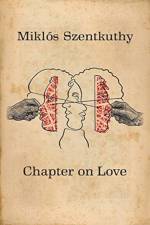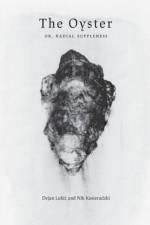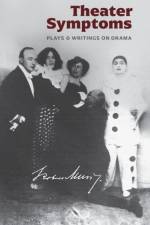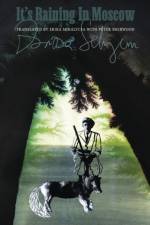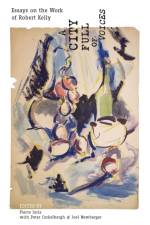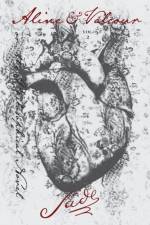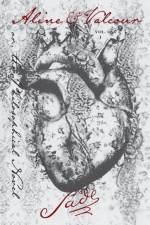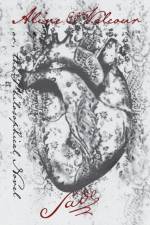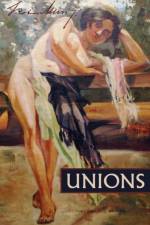- Plays and Writings on Drama
von Robert Musil & Genese Grill
41,00 €
Although known principally for his modernist masterpiece, The Man Without Qualities, Robert Musil (1880-1942) was also a playwright and drama critic. Musil's plays and theatrical investigations, written between 1921-1929, are inseparable form his later literary work and from his life-long commitment to art as a social and cultural activity. His brilliant plays and critical writings are not minor aspects of his artistic life, bu essential works, preparing the way for and intrinsically connected to his great, unfinished novel. In the theater of the fraught period between the two world wars, Musil recognized a crisis that was symptomatic of larger social, political, and aesthetic problems. In seeing Art as a social and cultural stimulus, he leveled piercing critiques at the commodification and conformism of the Culture Industry of his time and pointed the way toward a living, transformative theater.As an observer and researcher of the psychology of aesthetic experience, a student of anthropology and mysticism, and a writer who sometimes practiced the art of literature like an essayist and scientific experimenter, Musil saw in theater the ideal testing ground for questions about perception, reality, and the effects of ritual practices like formal variation, repetition, and the suspension of normal consciousness. In contrast to the mostly shallow entertainment on offer, Musil saw the potential of theater - and all of art - as a force that could incite existential shattering of received ideas and a renewal of "motivated" existence. Theater Symptoms constitutes not only the first volume in English of Musil's finished plays and a selection of play fragments with a large body of previously untranslated critical, including manifestoes of his utopian theatrical vision. His theoretical essays and reviews elucidate the symptoms of and possible cures for the dangerous decline, not only of theater or art, but also, in Musil's view, of social relations: a descent from an ethico-aesthetic and "motivated" conduct of life to that of an uncritical, ethically lazy, aesthetically insensitive, and consumer-driven society. Musil's reviews of Stanislavski's Moscow Troupe, cabaret performances of Yvette Guilbert, the Yiddish theater, Expressionist stage innovations, productions of Shakespeare, Shaw, Schnitzler, Chekhov, and others, reveal Musil as a perceptive and visionary analyst of what theater was and what it could be.This is the third volume of Musil's writings translated and introduced by Genese Grill and published by Contra Mundum Press.

